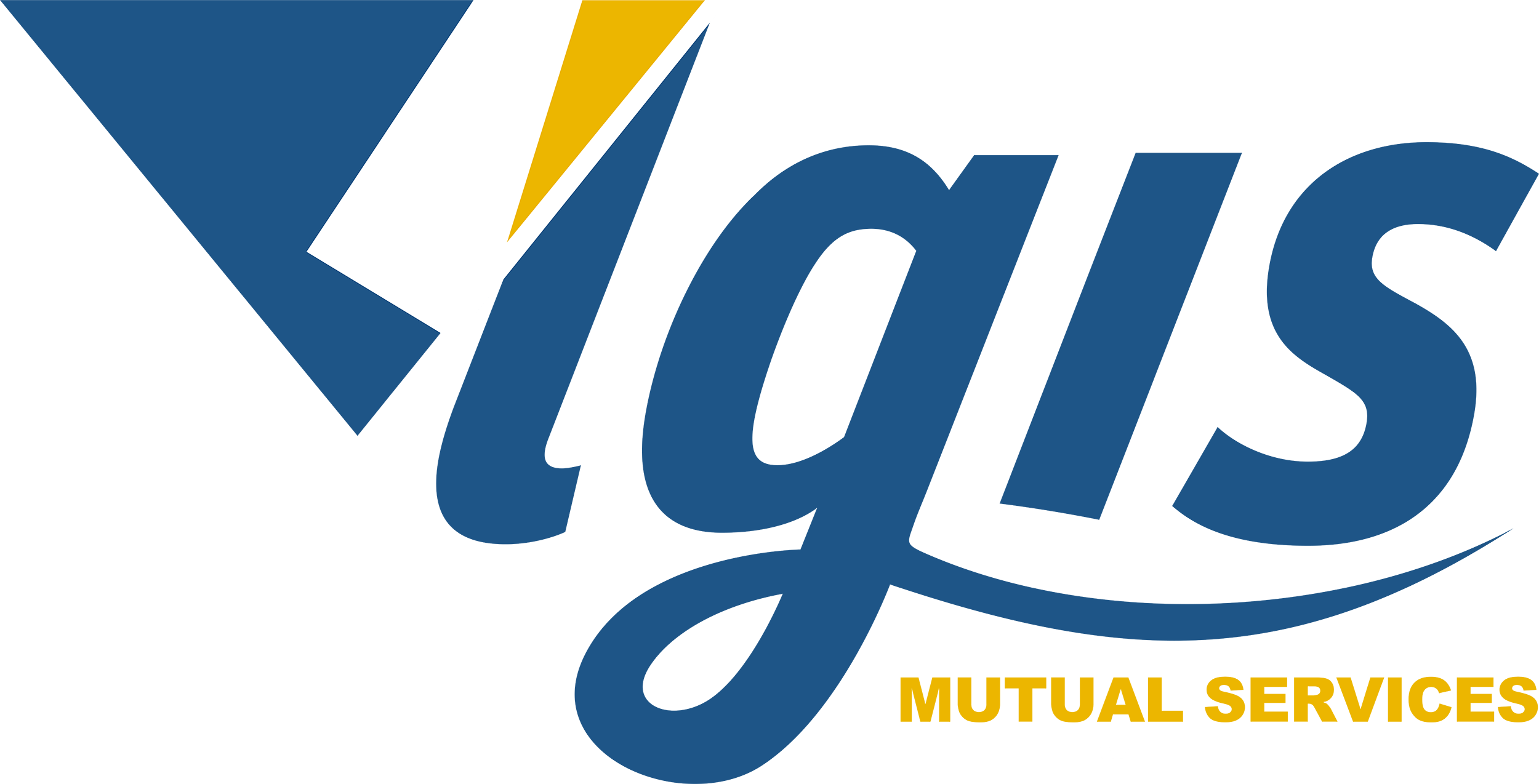In Western Australia, informal settlement negotiations are commonly an option to explore a resolution to workers’ compensation claims.
A settlement between an employer and a worker may be considered the best outcome to conclude a claim, being in the interest of all parties.
In such circumstances, the parties may enter into a WorkCover settlement agreement which is registered by the Director of WorkCover.
Section 149 of the Workers Compensation and Injury Management Act 2023 (‘the Act’) operates to commute to a lump sum the liability of the employer to pay compensation to a worker in respect of an injury. A settlement agreement permanently discharges the liability of the employer.
In a settlement agreement, a component for income compensation payments may be included as well as allowances for medical, rehabilitation and miscellaneous expenses.




